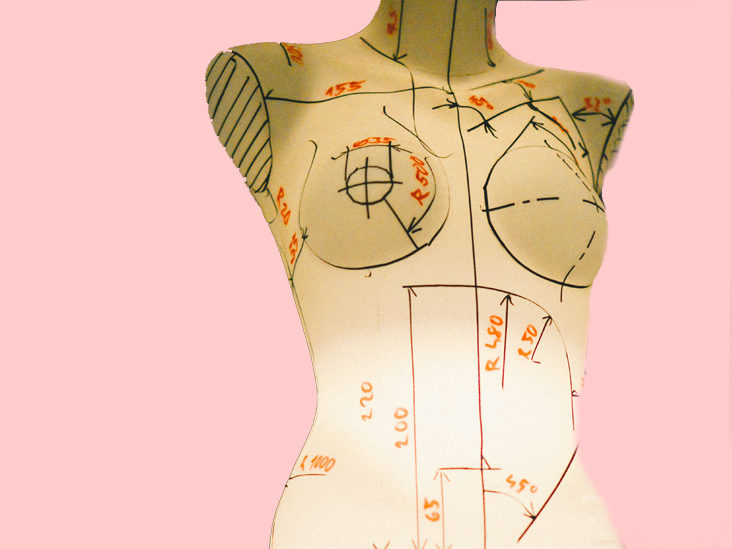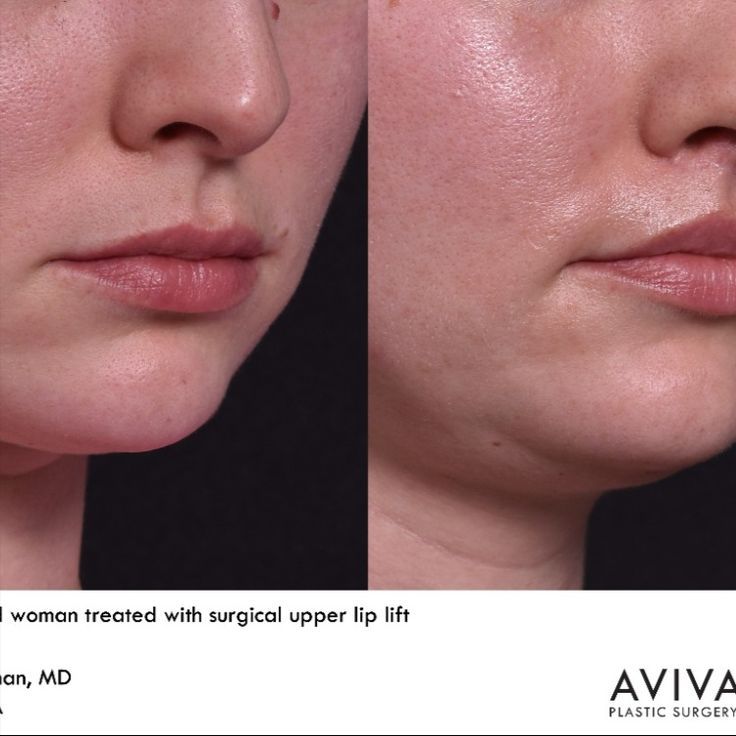
A breast implant can be a complicated procedure after radiation. You might want to consider an autologous breast reconstruction. This procedure involves the transfer of excess abdominal wall tissue onto your chest, and using the specialized techniques for microsurgery. The surgeon who performs this procedure is double-board certified and fellowship trained in this field.
Incidences of complication
Radiation treatment complications can have a significant impact on the outcome of breast implants surgery. Sometimes, patients may need multiple procedures to achieve satisfactory results. Breast implants may need to be removed in severe cases. Another problem is hematoma. This is an accumulation of blood near a surgical site. This can cause swelling, bleeding, and pain. This is more common in patients who have had an infection or seroma. A doctor may be required to perform a repeat operation to correct the problem.
Implant contracture, also known simply as asymmetry, can also be a risk when radiation therapy is used. This is often caused by muscle. A revision surgery may be necessary in order to correct the problem. Before surgery, the surgeon will measure and mark the contracted superior Pole contour. The surgeon may also mark the desired superior Pole contour two to 4 centimeters below that contracted pole contour. The breast contour should match the non-irradiated contralateral breast.

Impact on quality and life
The impact of radiation and breast implants on quality of life is an ongoing topic in breast cancer research. The combination of the two procedures is shown to improve patient quality of life and satisfaction with cosmetic results. It is still a matter of debate which method is best. Research can help establish consensus about the best options for patients.
Modern surgery and radiation therapy can reduce the chance of a recurrence of breast cancer. Modern treatment reduces the chance of breast cancer recurring by 5% to7% after ten and 6%-7% after twenty years. Radiation therapy is also a risky treatment for breast cancer survivors. This increases the possibility of complications.
Complications
Women who have undergone breast implants and radiation therapy face several risks. These include a reduction in breast elasticity and firmness. Moreover, radiation damages the microvascular circulation, reducing blood flow. These side effects persist for life. Radiation can also cause inflammation within the lungs. This can cause dry cough and shortness of breath.
Researchers looked at the complications rates of patients who received breast implant and radiation reconstructions. These researchers found that 39% percent of patients receiving radiation-irradiated breast implants experienced at least one problem. This is higher than the rate for patients who had implants only and underwent autologous reconstruction. However, the overall complication rates were comparable.

Options for treatment
Radiation-induced breast carcinoma and breast implants can be treated with autologous tissue transfers and breast reconstruction. The latter involves transferring excess skin or fat from the abdomen and back to your chest. This improves the quality chest wall tissues and utilizes the patient's own blood supply. This procedure is more time-consuming, but can be performed with fewer complications.
There are many risks involved in breast implantation surgery. You must choose the right treatment option to ensure your comfort, overall health, and well-being. In addition, radiation can leave scarring and hardening of the breast implants, causing a less desirable cosmetic result. It can also cause long-term pain. For this reason, breast reconstruction is usually recommended after radiation therapy.